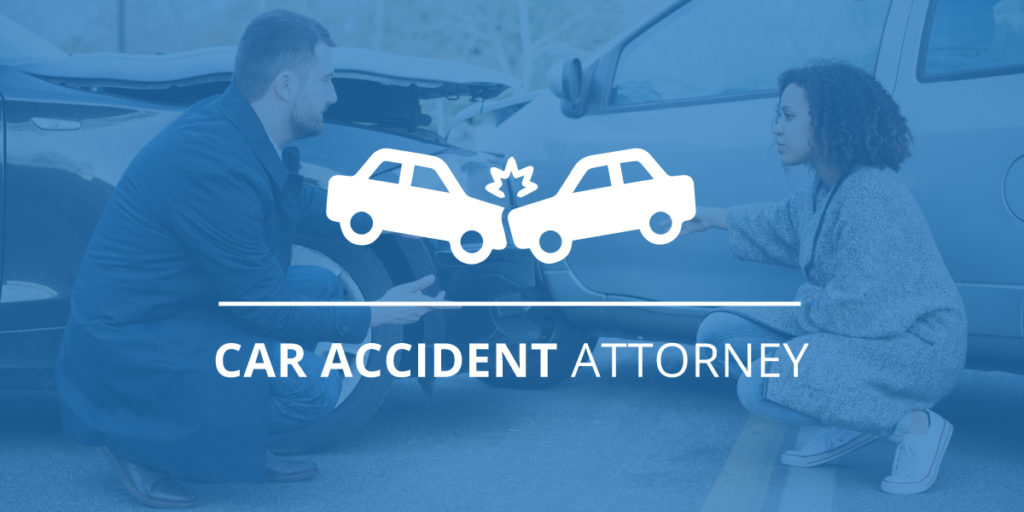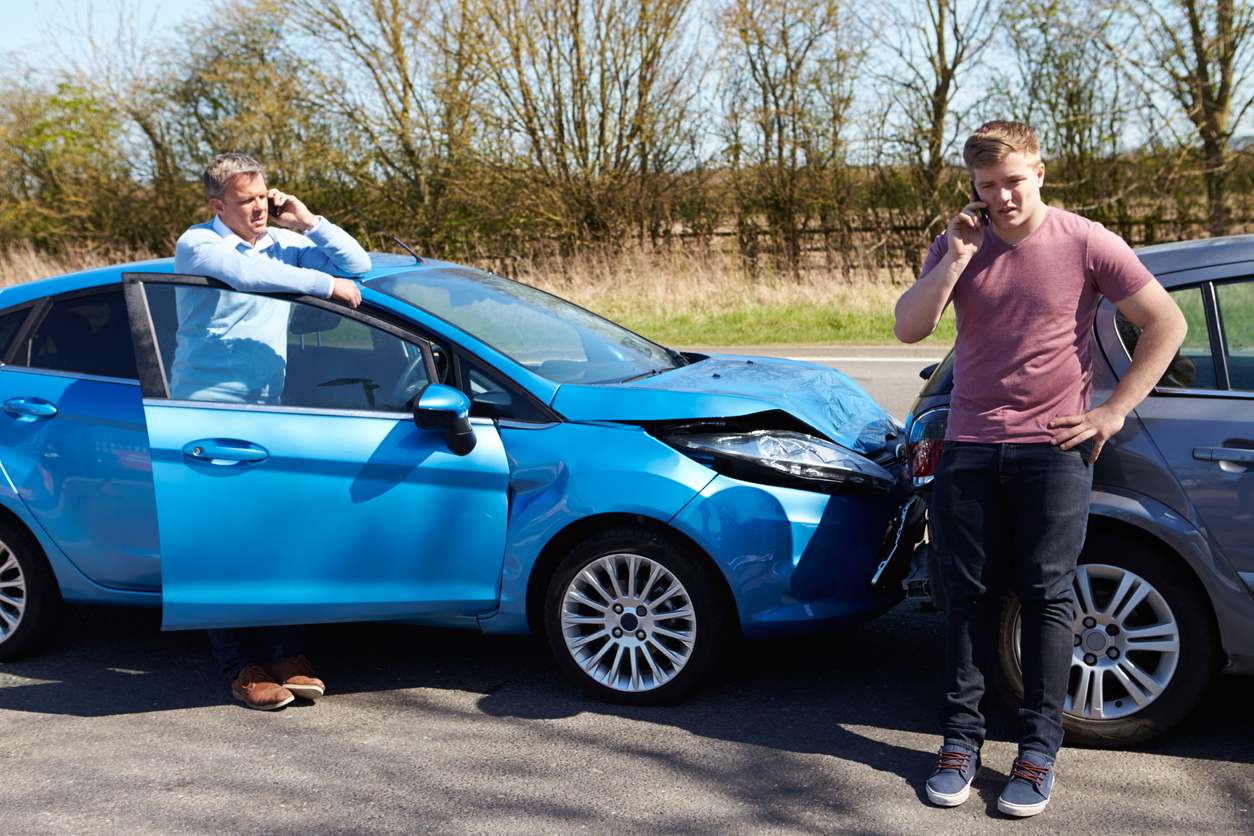Motor vehicle accident law refers to an area of law that is a hybrid of traffic law and personal injury law. The law involves the determination of fault in a traffic collision and is determined almost exclusively on the laws of the state where the accident occurred.
After a Car Accident
After an accident, a police officer will take pictures, interview witnesses, and analyze an accident scene to help piece together what happened. The people involved in the accident will then file claims with their auto insurance companies, who will review the police report and make an initial determination of fault. Depending on your state’s auto insurance laws and who is at fault, the auto insurance company may reimburse some of the cost of repairing or replacing the vehicle.
When the damage is severe enough, one person may consider filing a suit against the other drivers. The person who files the lawsuit is known as the “plaintiff,” and the person who responds is known as the “defendant.”
Typically, the defendant’s insurance company will cover the cost of defending the lawsuit, as well as any damages the plaintiff may win. Many lawsuits claim that one driver was “negligent,” meaning that the driver breached a duty to be a safe driver and that breach was the cause of the plaintiff’s injuries.
Motor Vehicle Accident Law: Terms to Know
There are important terms to know in motor vehicle accident law including the following:
- Negligence: A way to determine who is at fault in an accident.
- Comparative Negligence: A method of apportioning fault when more than one person caused an accident.
- Vicarious Liability: A legal theory that apportions blame for an accident to someone who wasn’t directly involved. For example, an employer may be vicariously liable for the accidents a driver caused while on the job.
- Collision Coverage: Automobile insurance coverage that reimburses drivers for the damage sustained in a collision.
- Comprehensive Coverage: Automobile insurance coverage that reimburses drivers for the damage sustained outside of a collision.
- Uninsured/Underinsured Motorist Coverage: Automobile insurance coverage that reimburses drivers for the damage sustained in a collision with another driver who does not have insurance, or whose insurance coverage is not sufficient to pay for all the damages.
Motor Vehicle Accident Law: Insurance Defense
Many car accident attorneys actually work exclusively in “insurance defense.” This means that they have contracted with an insurance company to defend their insureds against lawsuits arising out of car accidents.
However, car accident victims who wish to sue the other parties to the car accident have to hire their own attorneys, which are typically listed as auto accident attorneys, car accident attorneys, or simply “personal injury lawyers.” These lawyers can help you by reviewing documents related to the accident and gathering evidence.
Motor Vehicle Accident Law: Related Practice Areas
Motor vehicle law itself combines aspects of traffic laws and personal injury law, but it also shares subject matters with other related practice areas including:Motor Vehicle Injury Lawyers List
- Insurance Law: Insurance companies often end up paying for the damages sustained in automobile accidents.Motor Vehicle Injury Lawyers List
- Product Liability: Sometimes, motor vehicle accidents are not caused by drivers, but rather by some defect in the vehicle, like the braking system.
Involved in a Motor Vehicle Accident? An Attorney Can Help
If you’re involved in an accident it might be difficult to determine the responsible party without professional help. If you’ve suffered injuries as a result, then act in your best interests and consider discussing your case with an experienced attorney familiar with motor vehicle law who can help you navigate this often complex practice area.








